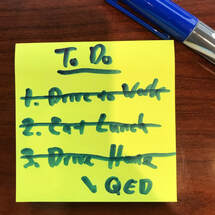 There are 100 things on your mental To-Do list. Daily duties (like email and planning dinner) and pre-scheduled stuff (like meetings and appointments). But what remains are the big things that are easy to put off because they don’t have hard deadlines – things starting a new initiative, exploring a great idea for a side hustle, finishing a pet project, or taking the first step to follow that crazy dream you’ve had for 10 years. These are the things that could have the biggest impact on you, come the end of the year. But these projects are also the easiest things to put off or to only push ahead 1 inch each week. If you push 100 projects ahead 1 inch each week, you’ve made 100 inches of progress at the end of the week, but your desk is still full and you’re feeling frustratingly resigned to always be behind. This is an incremental approach. A different approach would be to push a 50-inch project ahead until it is finished and falls off the desk; then you could push a 40-inch project ahead until it falls off; and then you can spend the last of your time and energy pushing a small 10-inch project off your desk. This is the “push-it-off-the-desk” approach. Both approaches take 100-inches of work. However, the “push-it-off-the-desk” approach changes how you think and feel. You still have 97 things left to do, but you can see you made tangible progress. For about 12 years, I tried a number of different systems to do this – to finish up what was most important for the week. Each of them eventually ended up being too complicated or too constraining for me to stick with. Eventually I stopped looking for a magic system. Instead, at the end of every week, I simply listed the projects or project pieces I was most grateful to have totally finished. Super simple. It kept me focused on finishing things, and it gave me a specific direction for next week (the next things to finish). It’s since evolved into something I call a “ 3-3-3 Weekly Recap.” Here’s how a 3-3-3 Weekly Recap works. Every Friday I write down the 3 biggest things I finished that week (“Done”), the 3 things I want to finish next week (“Doing”), and 3 things I’m waiting for (“Waiting for”). This ends up being a record of what I did that week, a plan for what to focus on next week, and a reminder of what I need to follow up on. It helps keep me accountable to myself, and it keeps me focused on finishing 3 big things instead of 100 little things. Here’s an example of one that’s been scribbled in a notebook at the end of last week: Even though you’d be writing this just for yourself, it might improve your game. It focuses you for the week, it gives you a plan for next week, and it prompts you to follow-up on things you kind of forgot you were waiting for.
Sometimes I do it in a notebook and sometimes I type it and send it to myself as an email. It doesn’t matter the form it’s in or if you ever look back at it (I don’t), it still works. I’ve shared this with people in academia, business, and government. Although it works for most people who try it, it works best for academics who manage their own time and for managers who are supervising others. They say it helps to keep the focus on moving forward instead of either simply drifting through the details of the day or being thrown off course by a new gust of wind. I’ve also used this with others who I work with, and we usually use it as a starting point for our 1-on-1 weekly meetings. They usually email it to me and it’s a useful check-in. It helps them develop a “Finish it up” mentality, instead of the “Polish this until its perfect” mentality. Also, you can give feedback on what they’re choosing to focus on, and you might be able to speed up what they might be waiting for (especially if its something on your desk). Good luck in pushing 3 To-Dos off your desk and getting things done. I hope you find this helps. 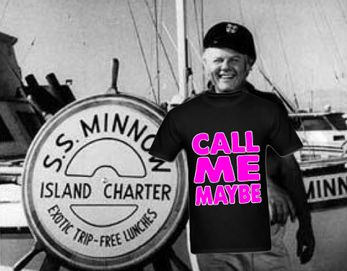 No one has a cousin named Tarzan. No one has a best friend named Goat Boy. That’s because we’re not raised by apes or goats, but we're all raised, socialized, and helped by other people. Some of these people are obvious: parents, close relatives, coaches, and some teachers. But a lot of others aren’t nearly so obvious. They might be that person who recommended we go to one school versus another, helped get us a job, helped lend a hand during a difficult time, or saved us from a desert island that one time by paddling through shark infested waters using only his right arm. With Thanksgiving coming up, it can be a nice chance to hit pause and think of 2-3 nonobvious people who might have done a small thing that made a big difference in our life. Doing something as simple as this can do your soul good. On one extreme, it reminds us that we aren’t the self-centered Master of our Universe as we might think when things are going great. On the other extreme, it reminds us that there are a lot of people silently cheering for us when we might think things aren’t going so great. What do you suppose would happen if you tracked these people down and game them a call? It’s four steps: 1. Find their phone number and dial. 2. “Hey, I’m ___; remember me? How are you?” 3. “It’s Thanksgiving. I was thinking of you.” 4. “Thanks” For about the past 30 years, I’ve tried to do this each Thanksgiving. It used to be the same 3-4 people (advisors and a post-college mentor), then a couple more, and this year I’m adding a new one. For some reason, I always look for an excuse why I shouldn’t make these calls. I always find myself pacing around before I make the first call. Part of me thinks I might be bore them, or they already know it, or it’s interrupting them, or that it’s too corny. Yet even if I have to leave voice messages, I’m always end up smiling when I get off the phone. I feel more thankful and centered. Maybe they feel differently too. Still, there’s some years I never made any calls, because I had good excuses. Maybe it was too late in the day, or they were probably with their family, or I called them last year, or I didn’t really have enough time to talk. I’m sure they had some good excuses – way back when – as to why they didn’t have time for me. I’m thankful they didn’t use them. If you can think of 2-3 people you’re thankful for who might not know it, you don’t have to wait until Thanksgiving next year to tell them. They won’t care that you’re a little bit late or a whole lot early. It’s only 4 steps. |
Welcome!Here are some tips, tricks, and secrets on how you and your family can eat to be healthier and happier. They're based on over 30 years of our published research.
Fun InterviewsMost Visited Last Month• For You
• Smarter Lunchrooms • The X'Plozionz Band • Help your family • Kitchen Scorecard • Retracted papers • Grocery secrets • Do kids inherit taste? • Be healthier at work • How not to retire • Estimating calories • Restaurant Secrets • Syllabus template Top 2024 Downloads• Kitchen Makeover
• Smarter Lunchrooms • Smarter Lunchroom Scorecard • Grocery Shopping Hacks • Restaurant Secrets • Write a Useful Syllabus • Workplace Wellness Tips • Healthy Profitable Menus Categories
All
|
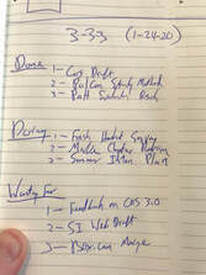
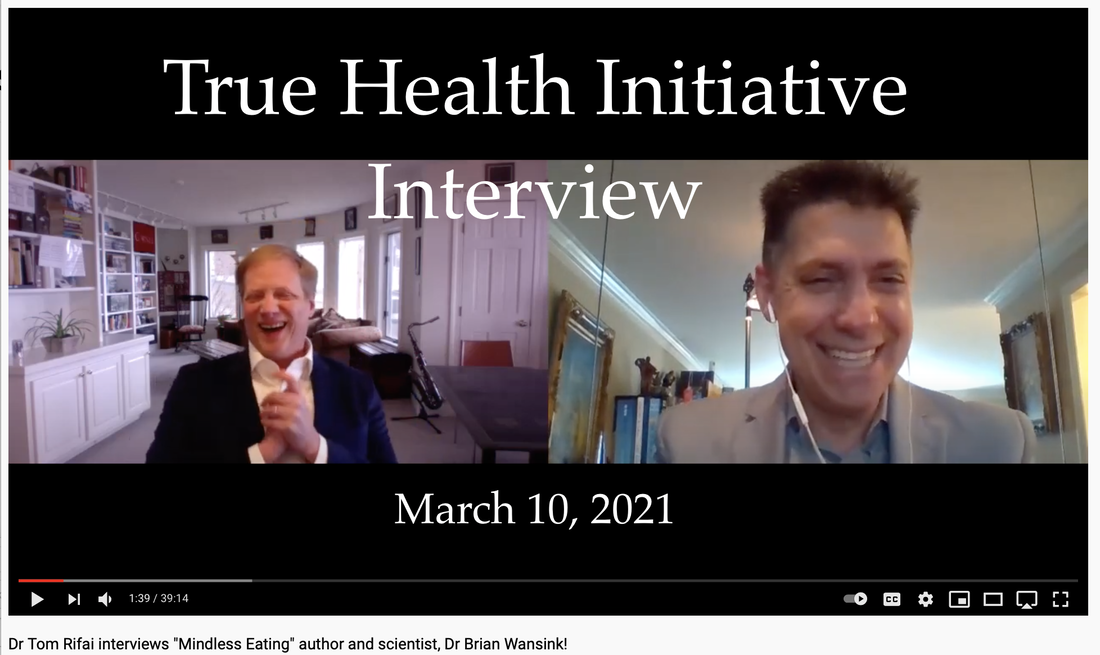

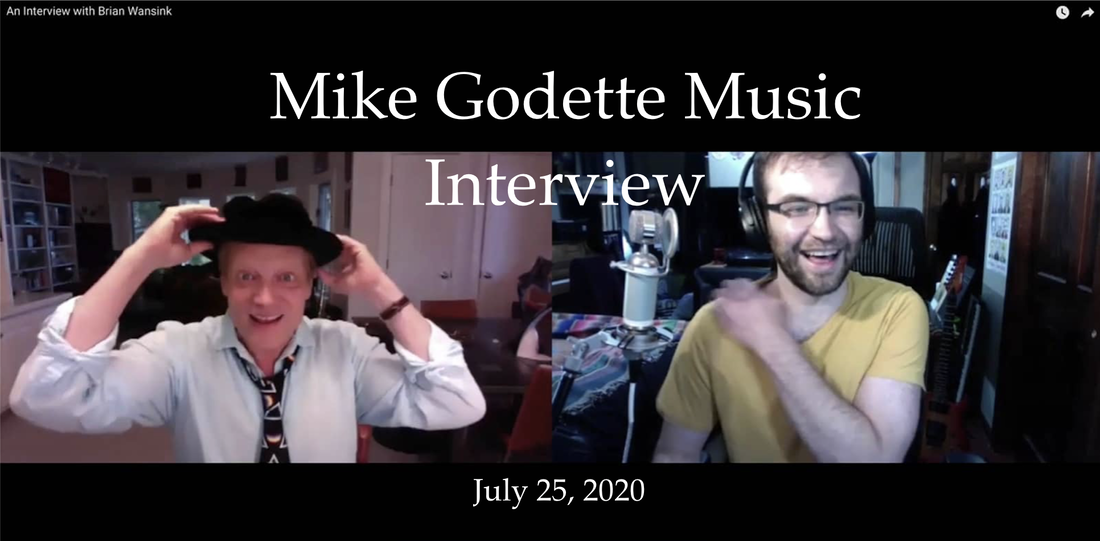
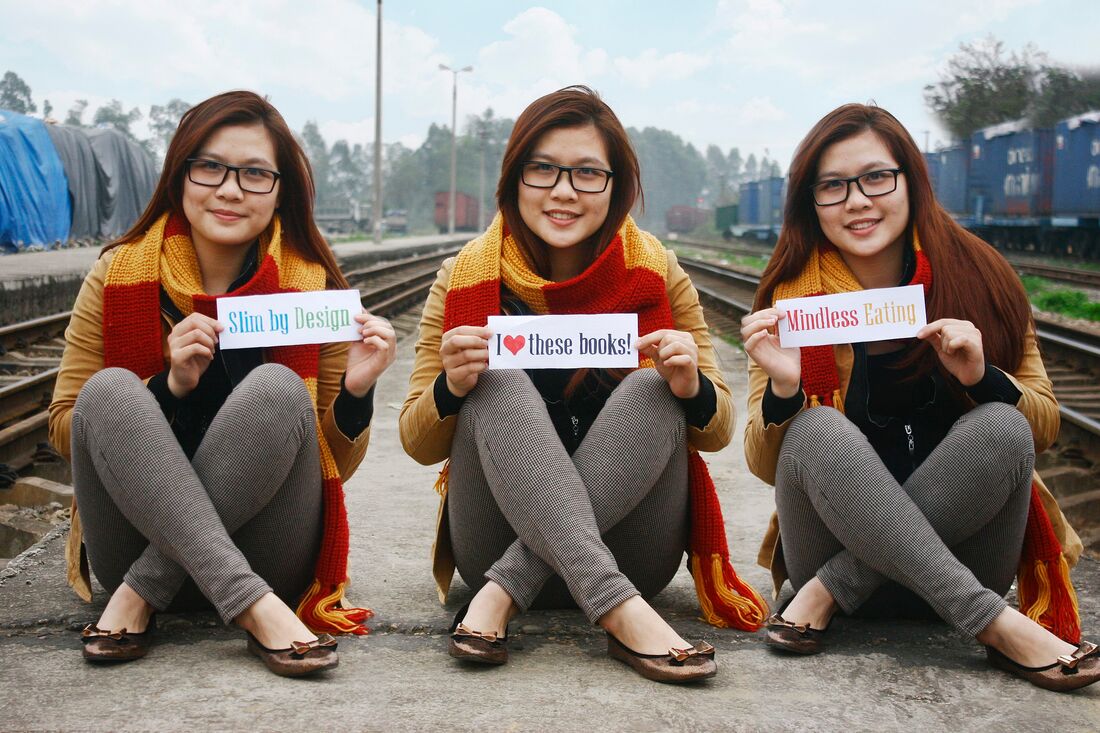
 RSS Feed
RSS Feed